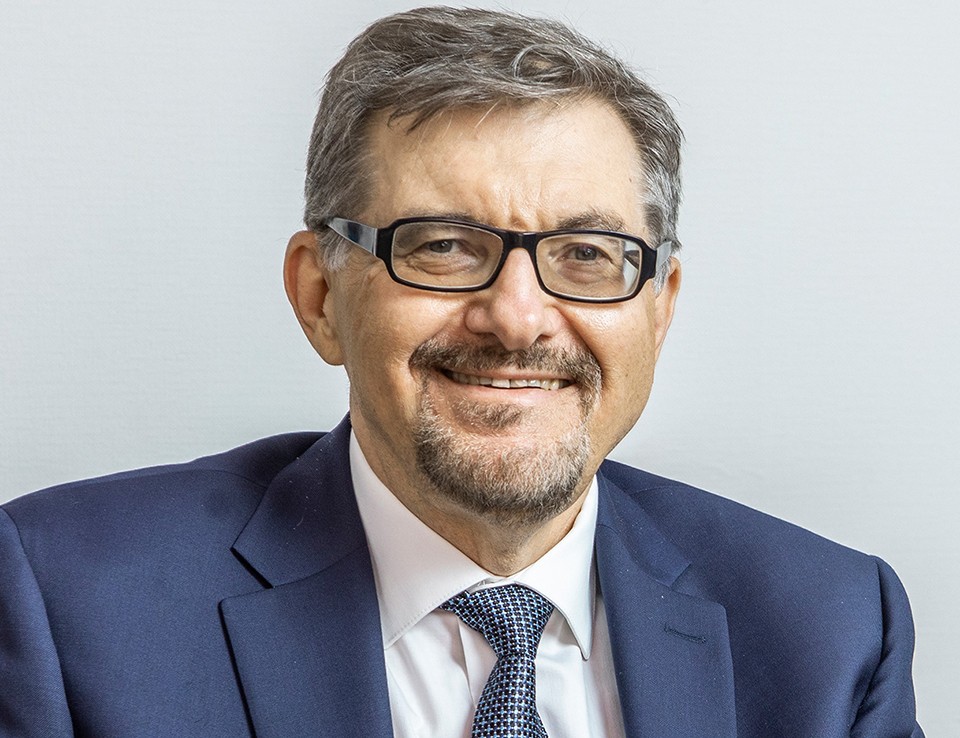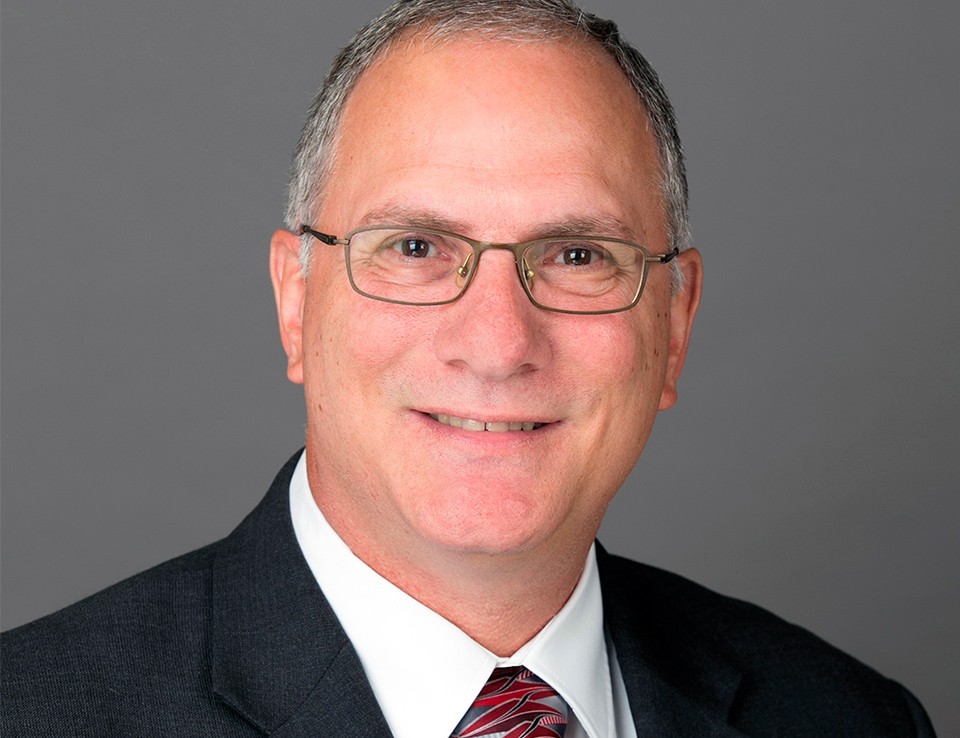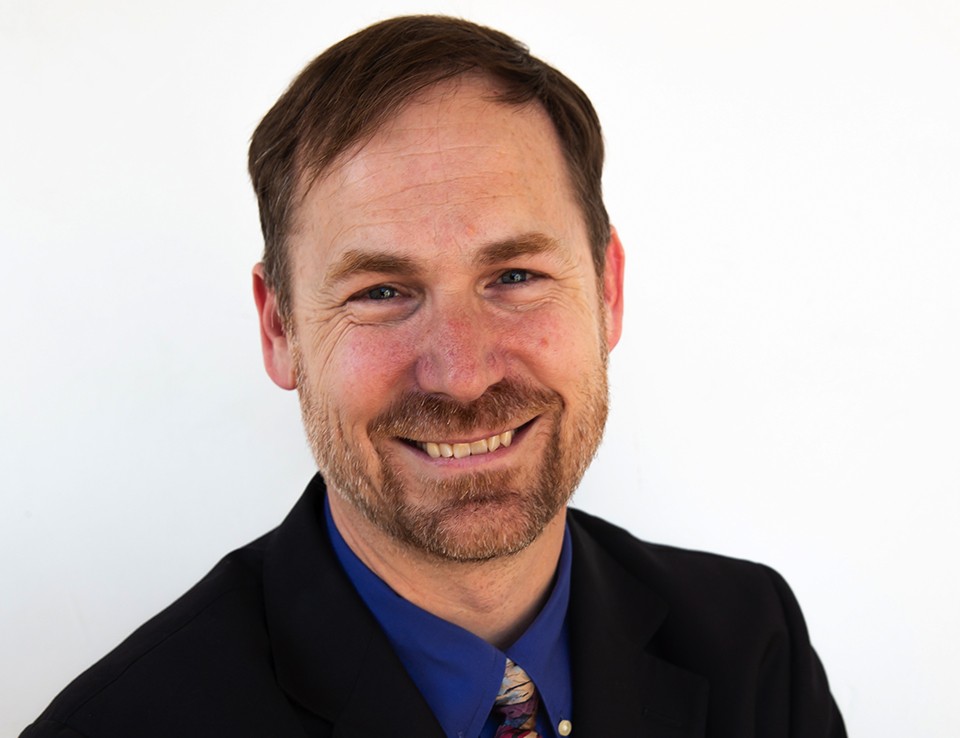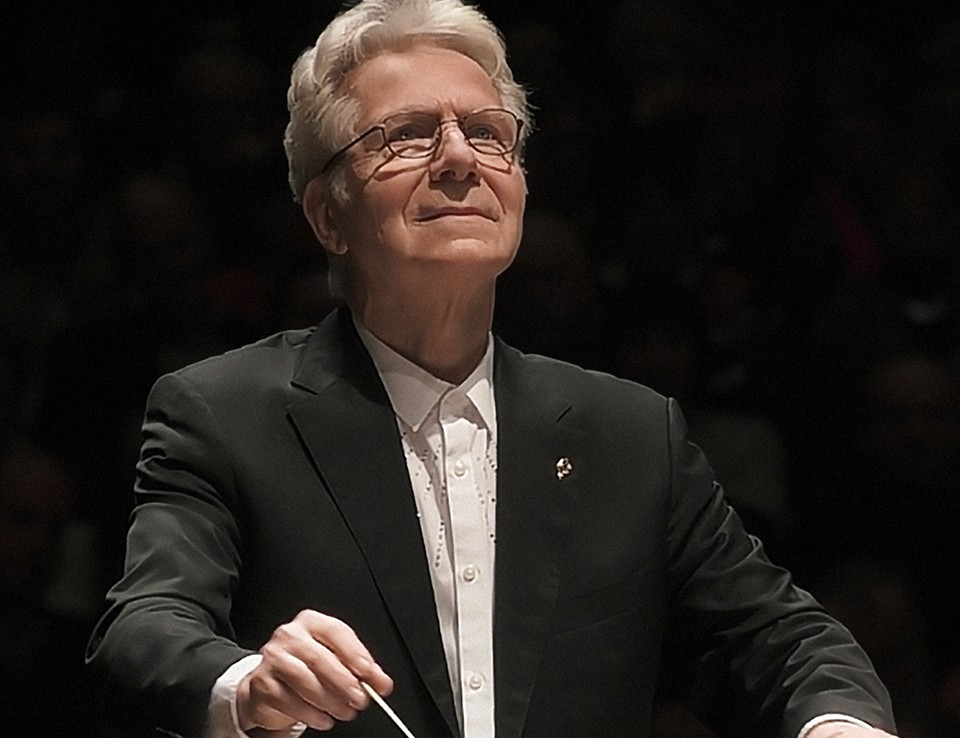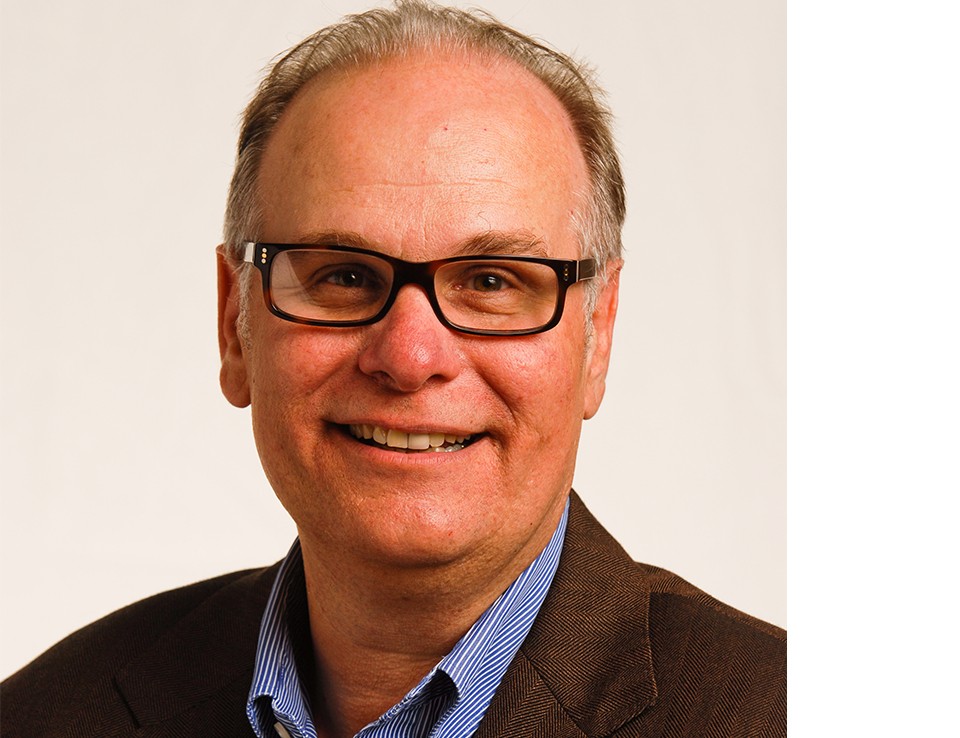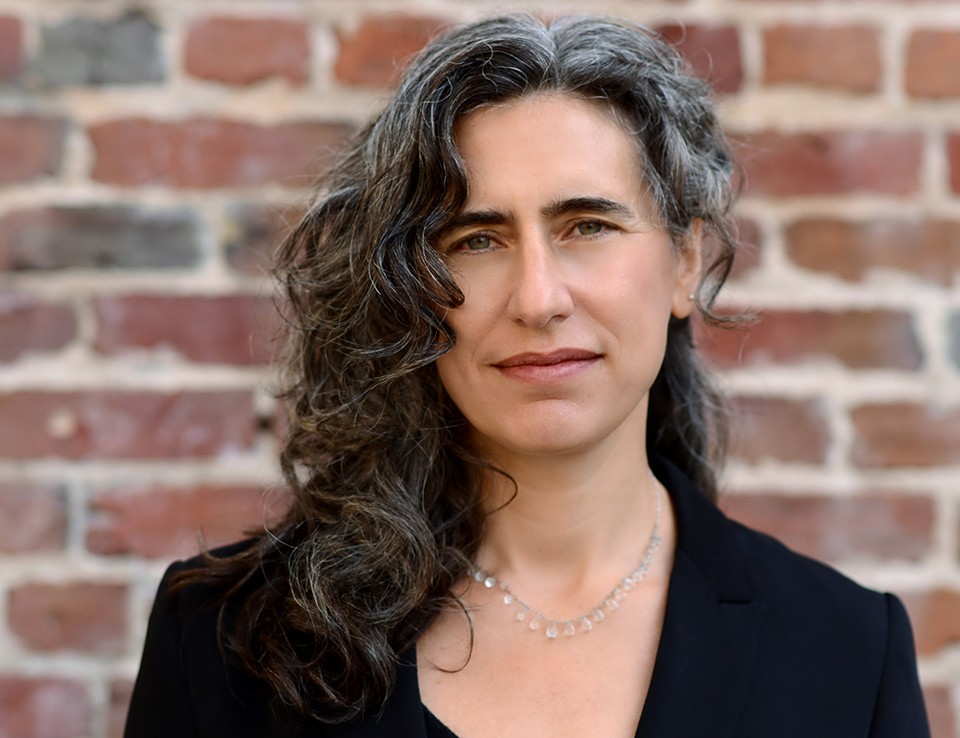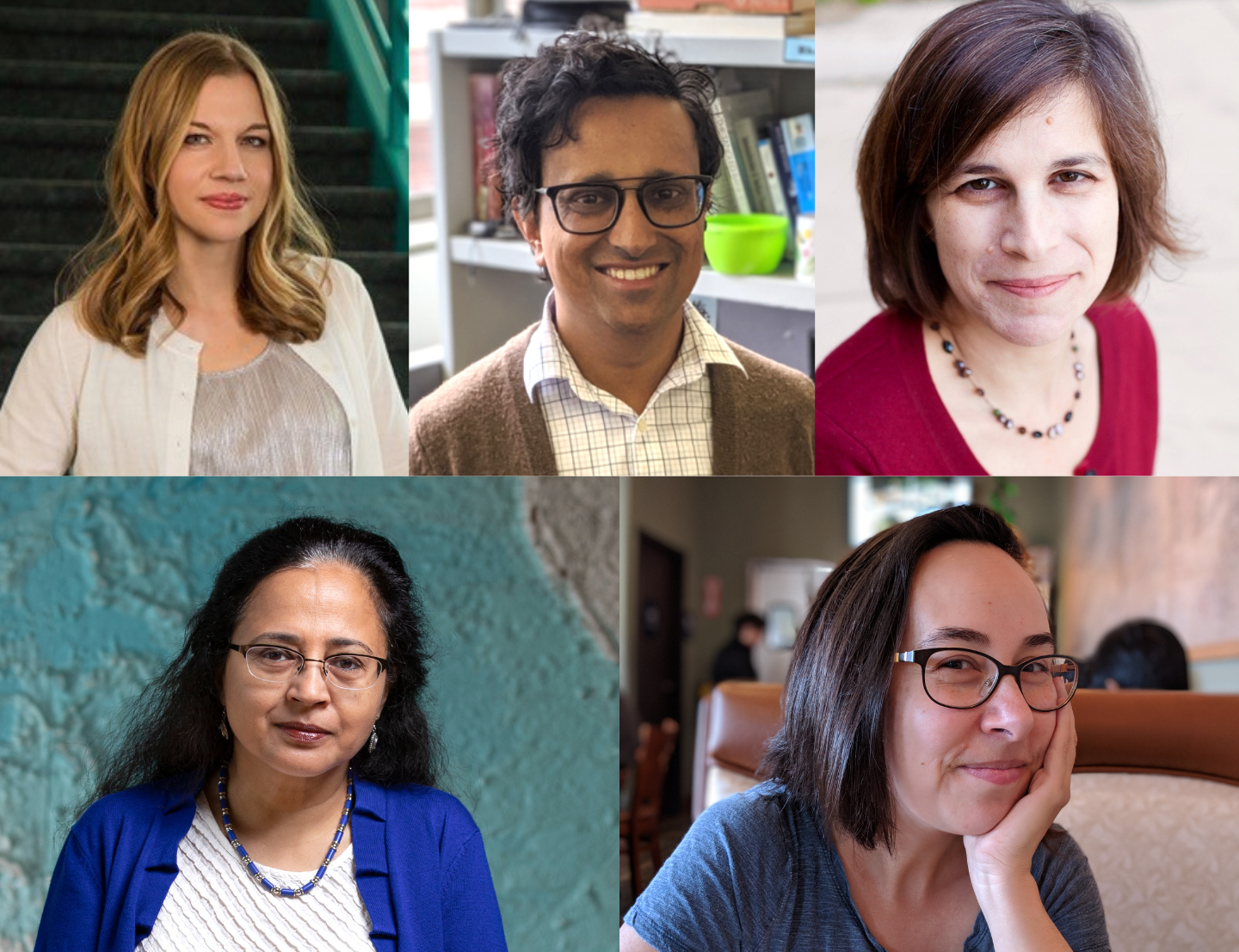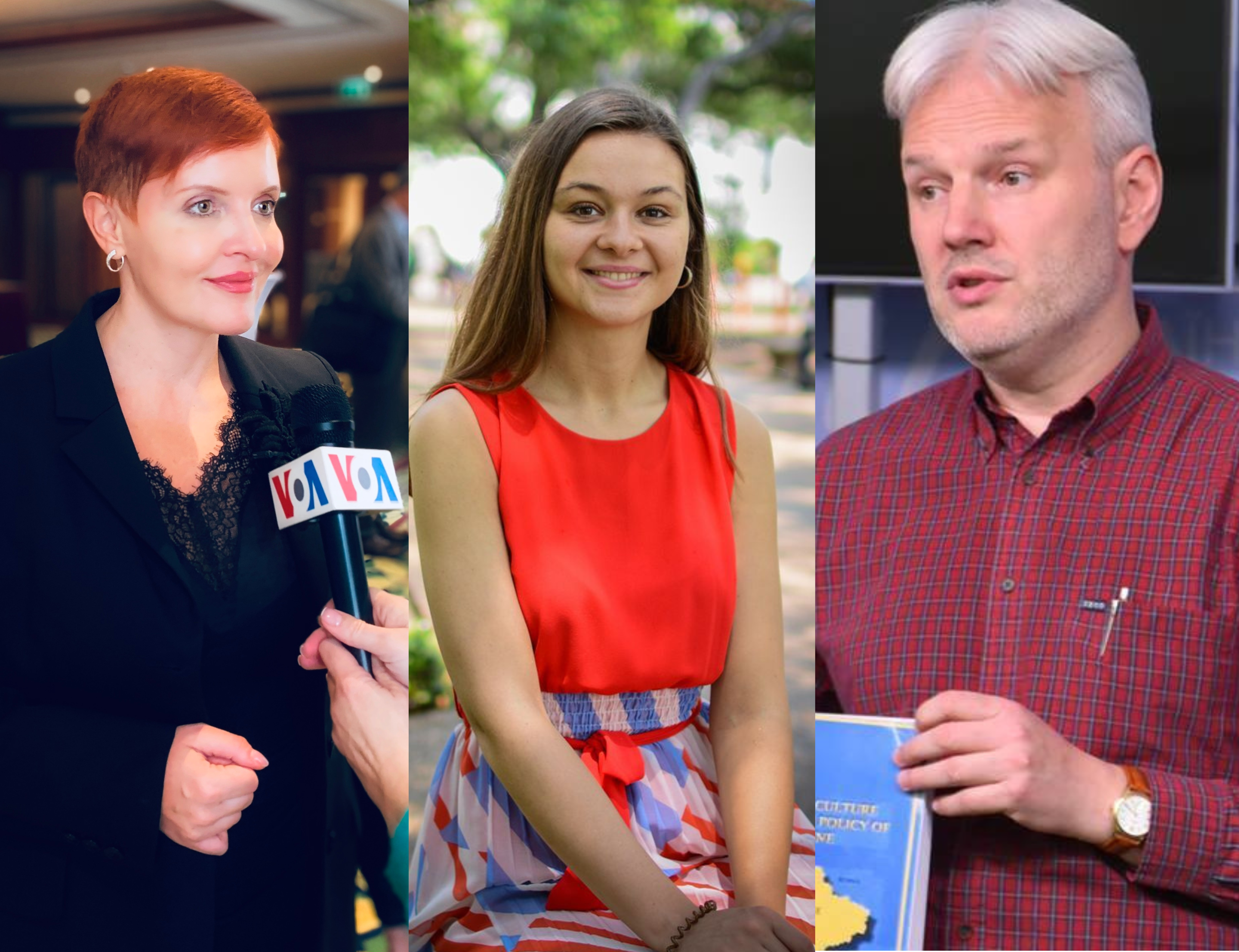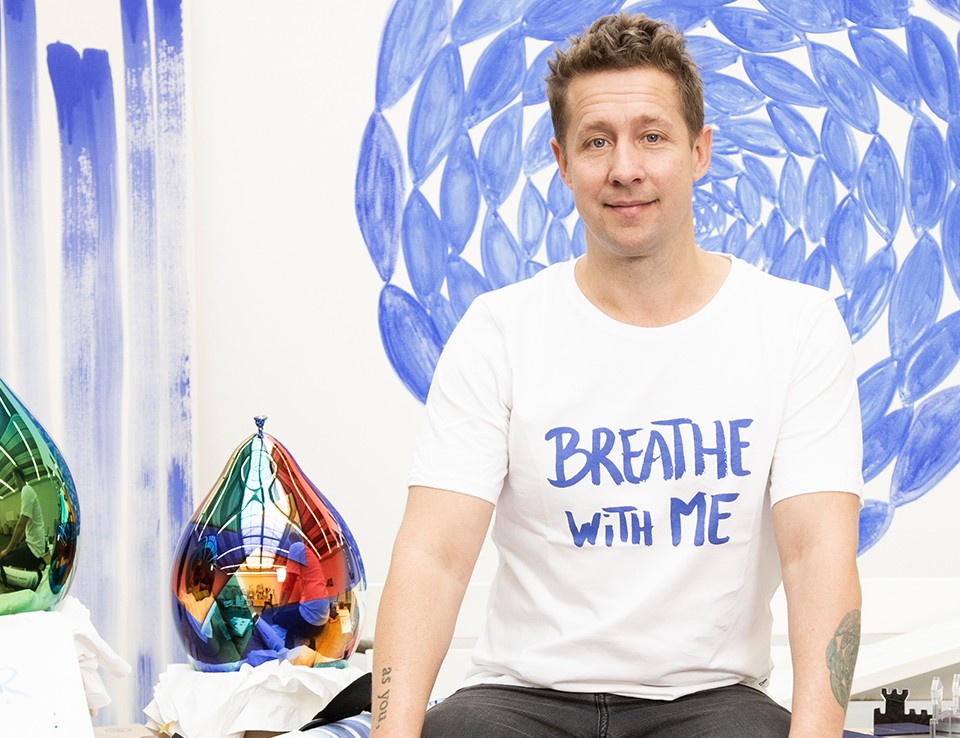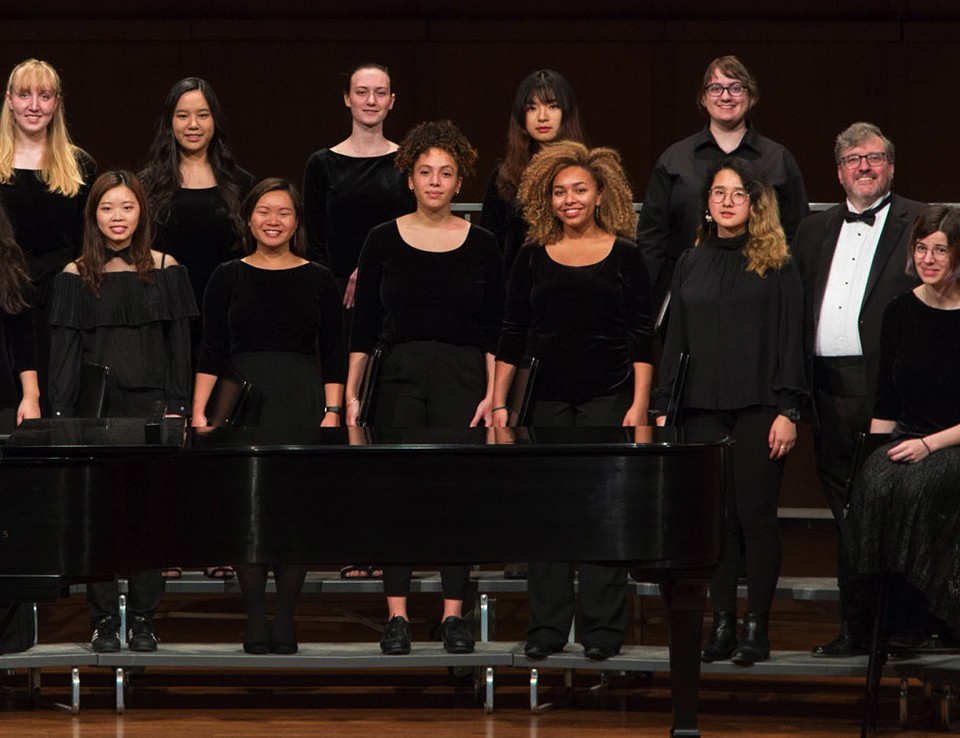Past Semester Schedules
Thu, November 10, 2022
Dinner Program
Peter Mansoor, in conversation with Evan Wollen
Mon, November 14, 2022
Dinner Program
Jay Cordes
Tue, November 15, 2022
Dinner Program
John Mauceri
Wed, November 16, 2022
Dinner Program
Larry Mantle P'23
Thu, November 17, 2022
Dinner Program
Lori Freedman
Mon, November 28, 2022
Lunch Program
Jessamyn Schaller, Bhaven Mistry, Diana Selig, Chloe Martinez and Aseema Sinha
Fri, December 2, 2022
Lunch Program
Volodymyr Dubovyk, Anna Romandash, and Polina Sinovets; panelists
Mon, December 5, 2022
Lunch Program
Jeppe Hein
Wed, December 7, 2022
Dinner Program
Claremont Treble Singers; Charles W. Kamm, conductor

